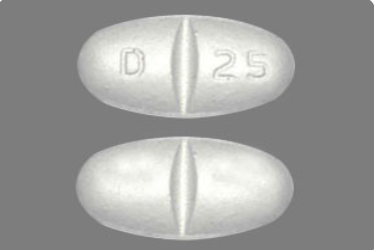How Gabapentin May Help with Migraine Prevention
The exact mechanism by which gabapentin may help prevent migraines is not fully understood. However, it likely helps by modulating neurotransmitter activity and reducing the excitability of neurons.
Here’s how it may help in migraine prevention:
- Modulation of Pain Pathways: Gabapentin can reduce pain signaling in the nervous system by binding to the α2δ subunit of voltage-gated calcium channels in the brain. This reduces the release of excitatory neurotransmitters like glutamate and substance P, which are linked to the transmission of pain.
- Stabilization of Nerve Activity: Migraines are associated with abnormal nerve excitability and hyperactivity in certain areas of the brain. Gabapentin’s effects on calcium channels may help stabilize these nerves, potentially reducing the frequency or severity of migraine attacks.
- Reduction in Neuroinflammation: Migraines can also involve neuroinflammation. Gabapentin’s action on the nervous system may help modulate inflammatory responses that contribute to migraine symptoms.
Key facts
- You’ll usually take gabapentin 3 times a day. You can take it with or without food.
- Most people who take gabapentin do not get any side effects. But some people may feel sleepy, tired and dizzy. Common side effects are usually mild and go away by themselves.
- It takes at least a few weeks for gabapentin to work.
- Most people do not have to stay on the same brand of gabapentin as there’s very little difference between brands.
- Some people can become addicted to gabapentin. When stopping gabapentin you’ll need to reduce your dose gradually to avoid withdrawal symptoms.
- If you have epilepsy, you are entitled to free prescriptions for all the medicines you take, not just your epilepsy ones. You can get an application form from your doctor’s surgery.
